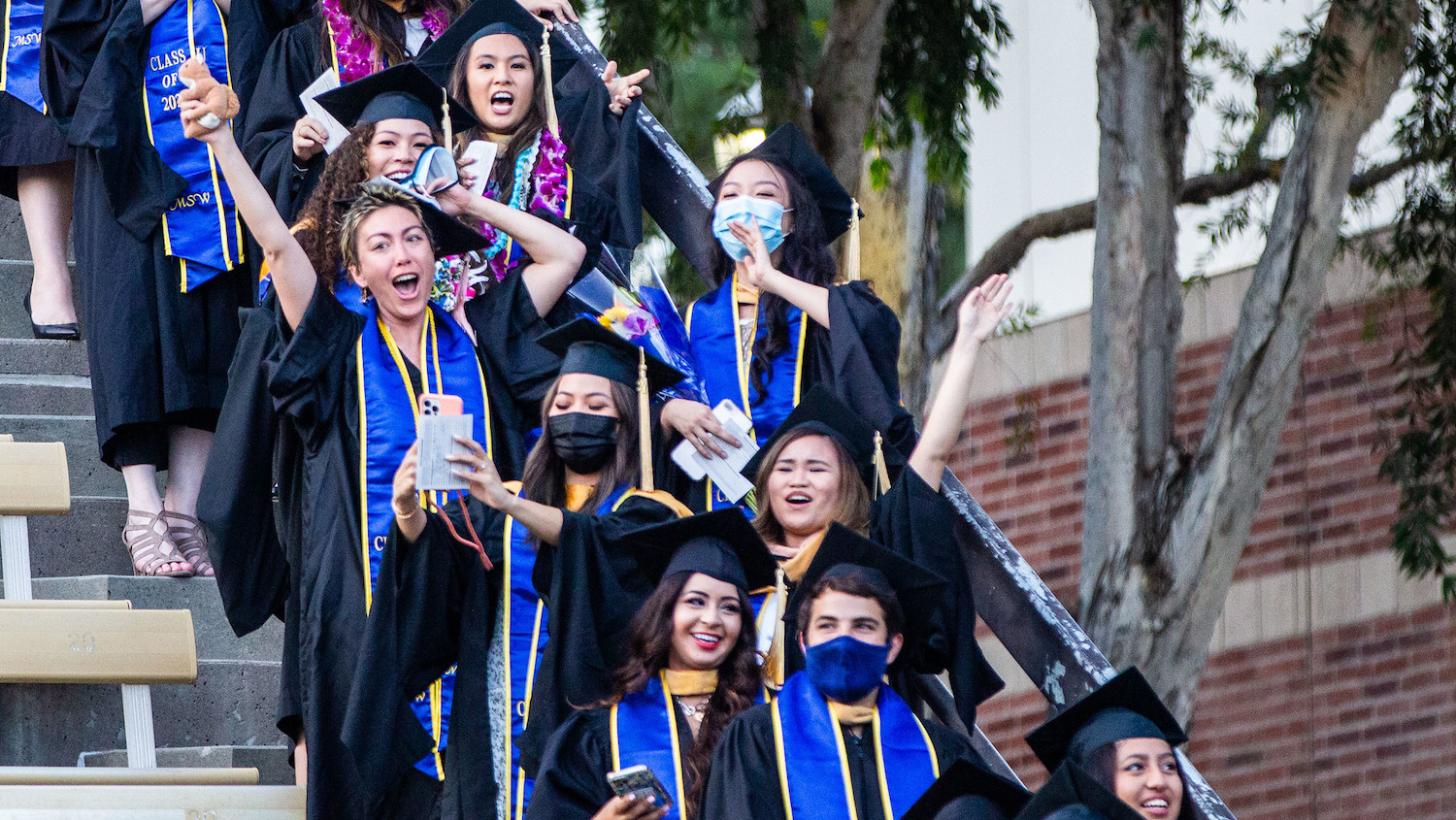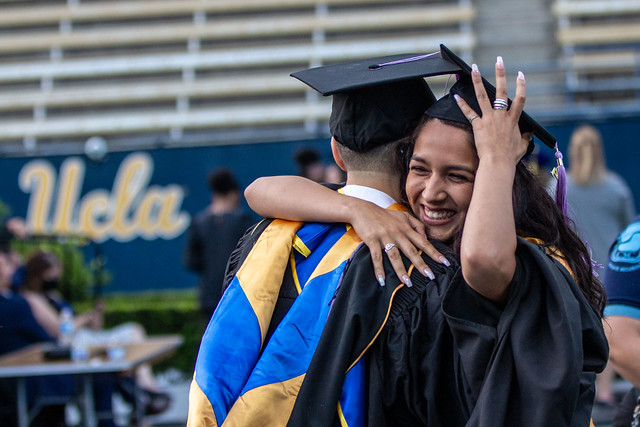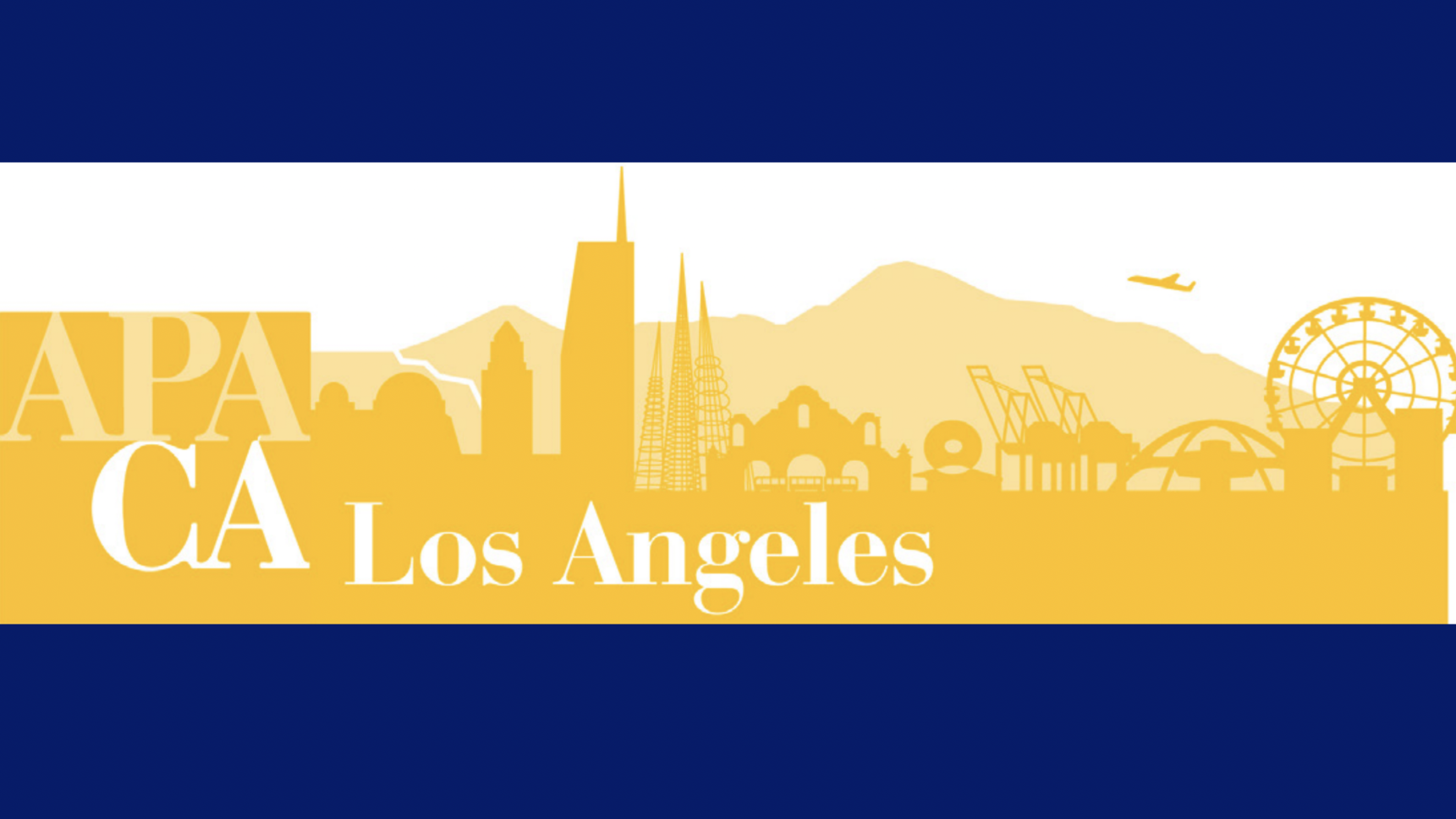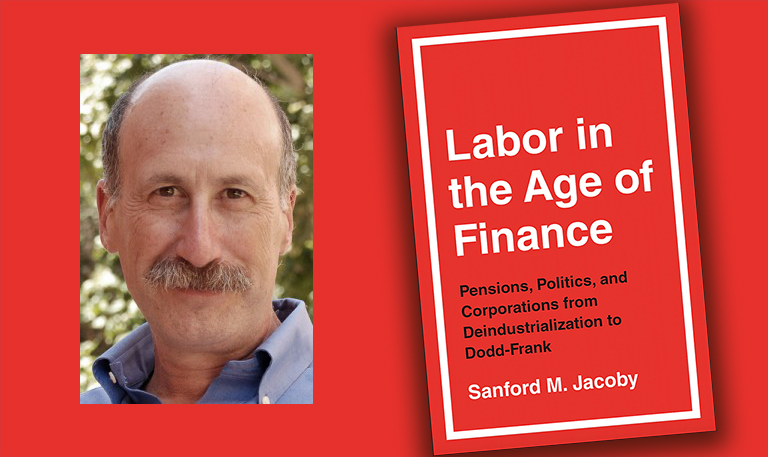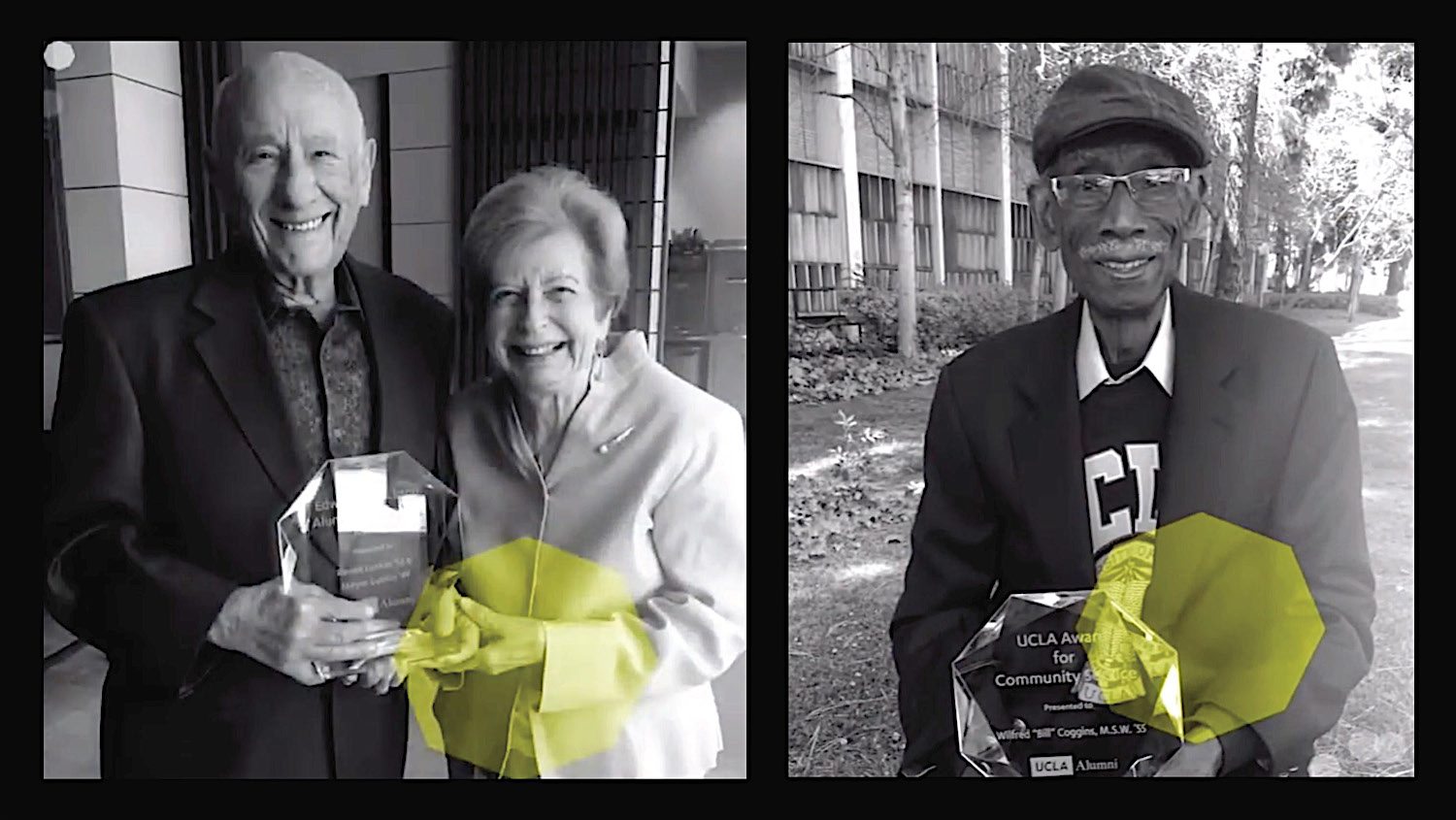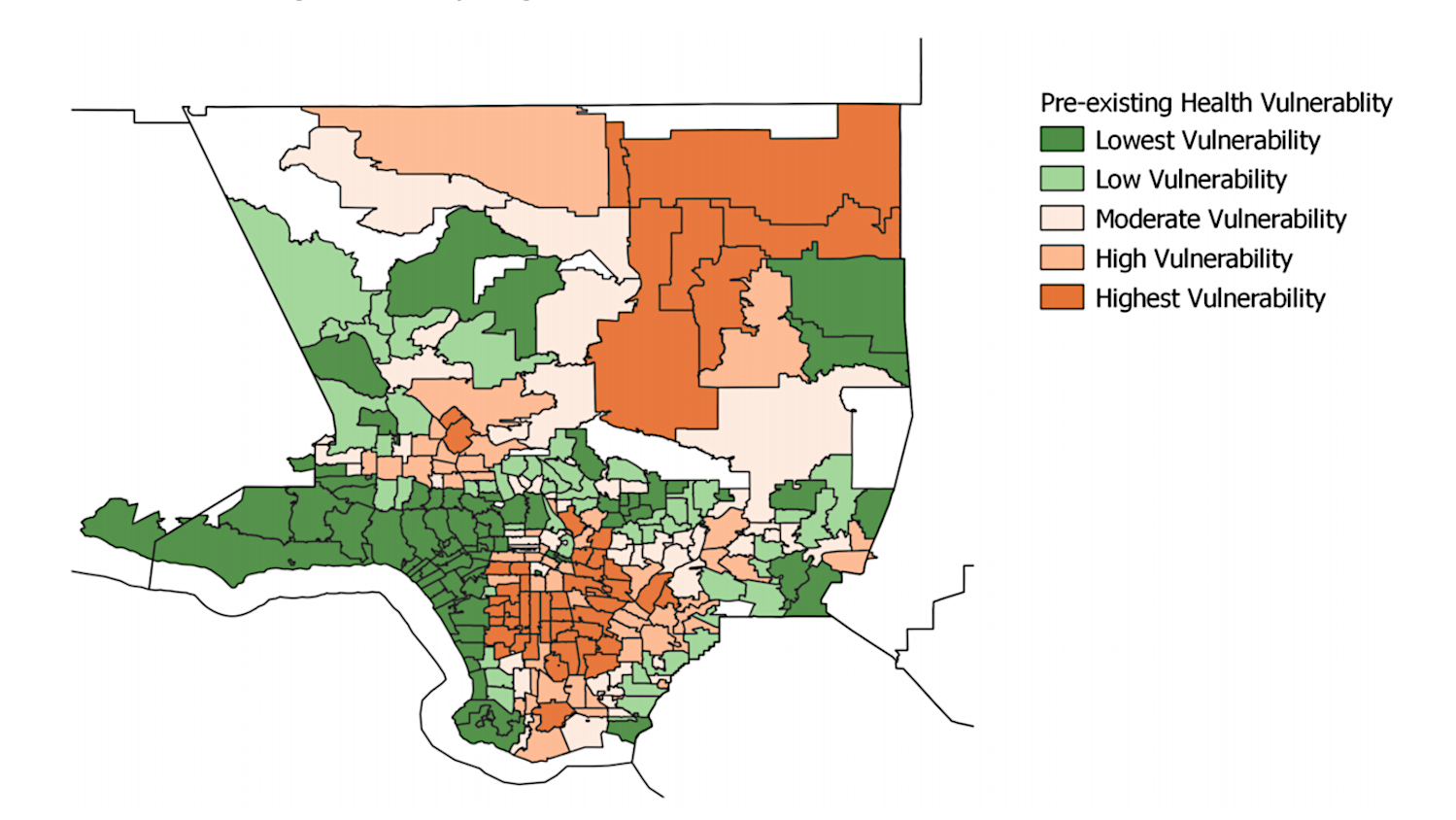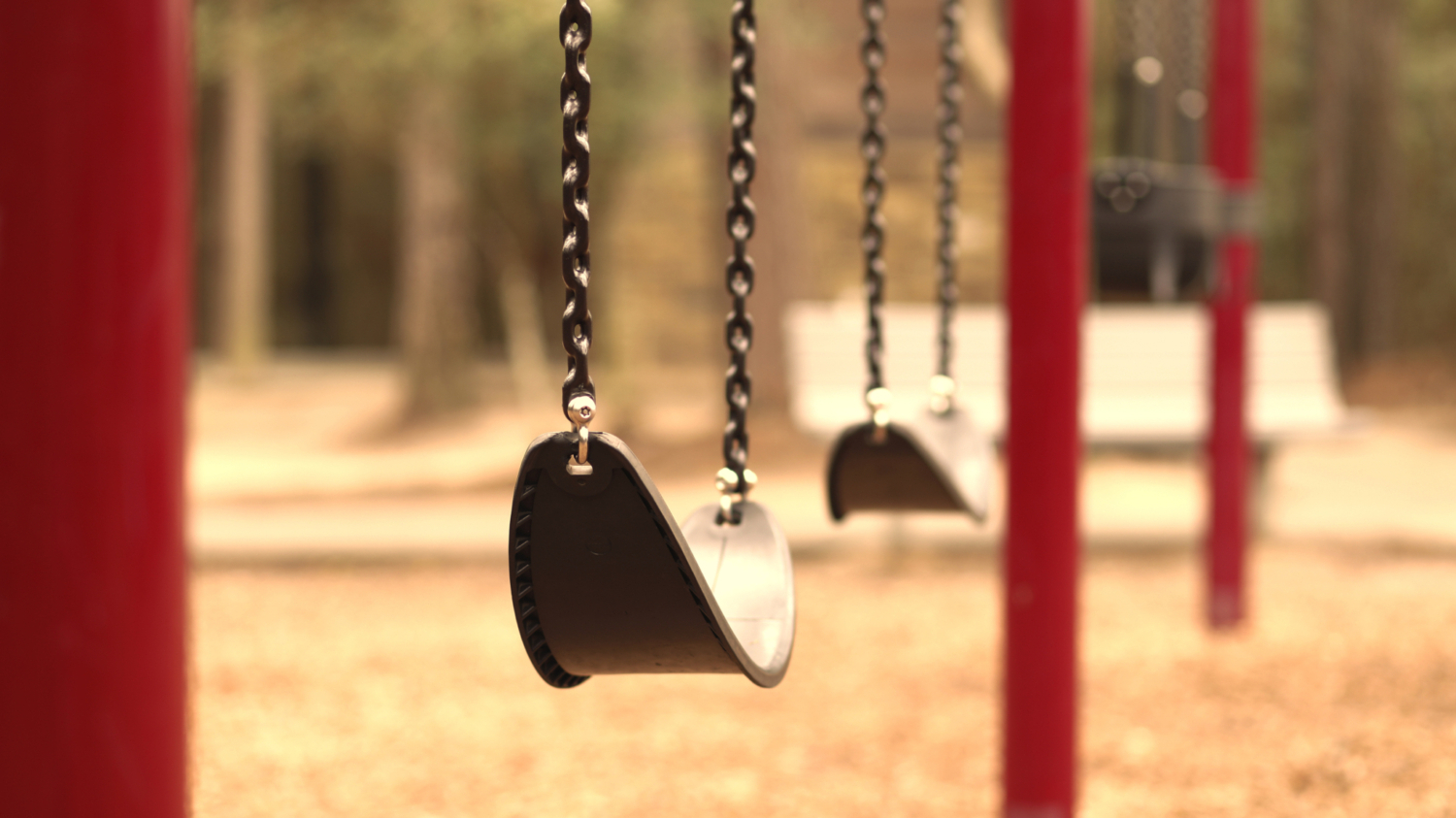Commencement Events Bring Class of ’21 Together
UCLA Luskin honored its Class of 2021 with two days of celebrations, including an on-campus ceremony that brought classmates together after more than a year of remaining apart. The June 10 stage-crossing event felt like a class reunion for many students who completed their coursework remotely during the COVID-19 pandemic. Although some health protocols remained in place, students from the School’s public policy, social welfare, urban planning and undergraduate programs were able to gather at UCLA’s Los Angeles Tennis Center to hear their names read aloud and take photographs with Dean Gary Segura, department chairs and fellow graduates. “Today, we have so much to celebrate,” Segura told the assembled graduates. “You have accomplished, against all odds, completing your UCLA degree during a global pandemic, and we could not be prouder of you.” Formal commencement ceremonies and speeches were posted online June 11 as the Luskin School bestowed master’s and doctoral degrees — and, for the first time, the new Bachelor of Arts in Public Affairs.
View a livestream of the on-campus event on Vimeo and additional images on Flickr.
Wachs, ITS Honored with APA Planning Awards
The American Planning Association’s Los Angeles section bestowed multiple awards on the Institute of Transportation Studies at UCLA Luskin and also honored the late Martin Wachs, professor emeritus of urban planning. Wachs, who passed away unexpectedly in April 2021, received the Planning Pioneer Award for his lifelong work as a renowned transportation scholar. The Institute of Transportation Studies won the following honors:
- The Academic Award of Excellence for the paper “School Transportation Equity for Vulnerable Student Populations Through Ridehailing: An Analysis of HopSkipDrive and Other Trips to School,” authored by doctoral student Samuel Speroni and advised by Urban Planning Professor Evelyn Blumenberg
- The Academic Award of Merit for the paper “Need for Speed: Opportunities for Peak Hour Bus Lanes Along Parking Corridors in Los Angeles,” written by Mark Hansen MURP ’20.
- The Planning Landmark Award of Excellence for the UCLA Lake Arrowhead Symposium, a series of virtual sessions centering on transportation and the pandemic.
The American Planning Association is a national organization that aims to unite leaders and professionals across the field of planning. Every year, the organization’s Los Angeles section recognizes the outstanding work, best practices and thought leaders that impact the built and natural environment in Los Angeles County.— Zoe Day
New Book by Jacoby Focuses on Labor in Age of Finance
A new book by Sanford Jacoby of UCLA Luskin analyzes the reaction of the U.S. labor movement to financialization over the past half-century. In “Labor in the Age of Finance: Pensions, Politics, and Corporations from Deindustrialization to Dodd-Frank,” Jacoby describes financialization as a transformative economic and political force that has ebbed and flowed over time. “It was, and is, associated with inequality and with robust stock markets,” said Jacoby, distinguished research professor of management, public policy and history. “Financialization waxed during industrialization, waned during the New Deal and expanded again under neoliberalism.” Jacoby noted that labor unions in the United States have shrunk since the 1970s, as has their economic clout. Jacoby’s study focused closely on the relationship between workers and shareholders who, by the 1990s, were dominated by large institutional investors such as pension plans, mutual funds and exchange-traded funds, or ETFs. He explained that the vast holdings of public corporations, and the ability to coordinate their interests, changed the balance of power: less for workers and unions, but more for investors. “The irony is that unionized workers are more likely to be covered by traditional pension plans,” he said. “It was through these plans that labor sought to bolster its organizing and political power, and, sometimes, to check the influence of corporate executives.” The power of shareholders to extract value from firms was, and remains, a key source of income and wealth inequality, Jacoby observed. But the recent political atmosphere has changed the dynamic among investors, executives and workers, he said. For more than 40 years, the winners have been executives and owners — sometimes both, sometimes only one of them. “Workers usually have lost,” Jacoby said. “If they are to gain a fair share, they will need help from unions, and unions will need help as well.”
UCLA Alumni Association Honors Luskins, Coggins
The UCLA Alumni Association hosted a virtual ceremony to honor Meyer and Renee Luskin, Wilfred “Bill” Coggins MSW ’55 and other Bruins whose service to UCLA and the world have made a great impact. UCLA Chancellor Gene Block introduced a video segment (beginning at minute 40:17) featuring the Luskins, the 2020 Edward A. Dickson Alumni of the Year, UCLA’s highest alumni honor. “For as long as I’ve had the pleasure of knowing the Luskins, they’ve always credited UCLA with giving them their start,” Block said of the couple, first-generation college students who are now major benefactors of UCLA and namesakes of the UCLA Luskin School of Public Affairs. Meyer Luskin earned a bachelor’s degree in economics in 1949, then went on to launch Scope Industries, which recycles bakery waste to make an ingredient in animal feed. Renee Luskin earned a bachelor’s degree in sociology in 1953. The Luskins said their parents came from modest means but emphasized charity and philanthropy. “We wanted to have the pleasure of helping people,” Meyer Luskin said. Paco Retana ’87, MSW ’90 introduced Coggins (beginning at minute 27:10) and paid tribute to his decades of stewardship of the Kaiser Permanente Watts Counseling and Learning Center. Retana called Coggins “the heart and soul of the center,” which helps families achieve academic and personal success. “I believe in education. I believe in self-actualization. I believe in human potential,” said Coggins, who received the UCLA Award for Community Service. The May 22 virtual ceremony recognized several recipients of the 2020 alumni awards, which were announced last year.
Watch the UCLA Awards virtual ceremony
UCLA Model Identifies Neighborhoods Still at Risk as L.A. Reopens
A UCLA team has developed a predictive model that pinpoints which populations in which neighborhoods of Los Angeles County are most at risk from COVID-19 and, by extension, which should be prioritized for vaccines. The research – COVID-19 Medical Vulnerability Indicators: A Predictive, Local Data Model for Equity in Public Health Decision Making – is published in the peer-reviewed International Journal of Environmental Health. With more than 10 million residents, Los Angeles County has a larger population than 41 U.S. states. While many have been vaccinated, others in neighborhoods and communities at high risk of COVID-19 must be reached to fully re-open Los Angeles County, the authors said. The model maps the county neighborhood by neighborhood, based on four indicators known to increase an individual’s vulnerability to COVID-19 infection: preexisting medical conditions, barriers to accessing health care, built-environment characteristics and socioeconomic challenges that create vulnerabilities. The research data demonstrate that neighborhoods characterized by significant clustering of racial and ethnic minorities, low-income households and unmet social needs are still most vulnerable to COVID-19 infection, specifically areas in and around South Los Angeles and the eastern portion of the San Fernando Valley. Communities along the coast and in the northwestern part of the county, which have more white and higher-income residents, were found to be the least vulnerable. The study was co-authored by Professor Paul Ong, Chhandara Pech and Nataly Rios Gutierrez of the Center for Neighborhood Knowledge at UCLA Luskin and Vicky Mays, a professor with the UCLA Fielding School of Public Health and UCLA College.
